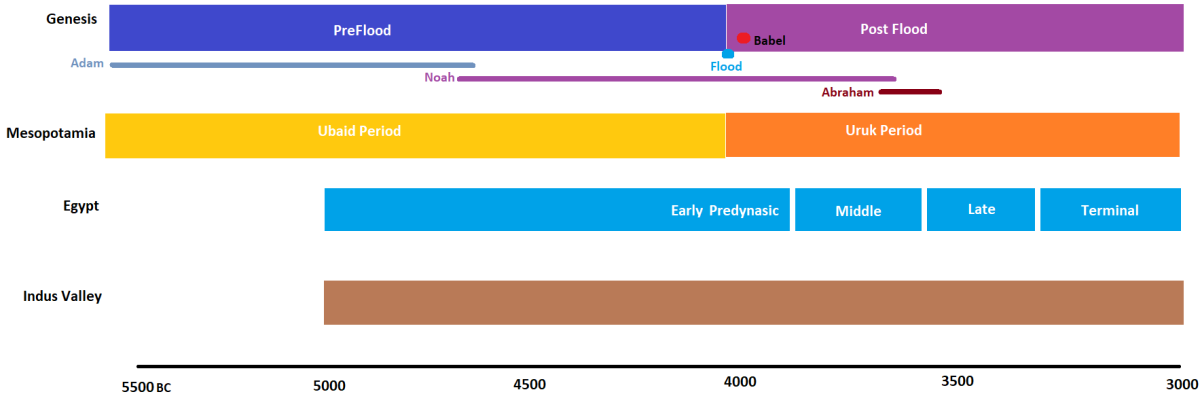Unlearning Unlove
In theory, all human beings share a common understanding of what love means with minor differences. We all know what it means, right? Sorry, that conception is wrong. Each human adult understands love based on their previous experiences and interpretations of the term.
When babies are born, they trust, feel attached and bond and respond to tenderness, care and affection. No baby is born to immediately display mistrust, rejection or detachment. Those are not natural, innate reactions in newborns. Then, what happens later in life that certain children and later adults alter their understanding and reactions to love?
In cases of abuse, love becomes something twisted and our beliefs lead us into perceiving it as undesirable, dangerous or even questionable. But even in other milder, more common situations can love be interpreted as something negative or unreachable. Let's imagine a couple of scenarios:
- Scenario 1: A little boy goes to school for the first time and is not accepted by the peers. Reasons could have to do with the child's appearance, behavior, speech or even timeliness, if the new kid tries to enter an already consolidated group. That is, the child might be rejected because of the way in which others perceive him and not because of anything he does. Whenever the kid approaches others, they turn their backs and pretend to be busy. That child might interpret those situations as proof that love and friendship are not for him; maybe that he doesn't deserve them. Once that idea becomes a belief in his mind, he will subconsciously project it onto his own reality in such a way that the belief will end up being confirmed over and over again. As the child grows, his own belief will "prove him right" and he will enter adulthood convinced that he "doesn't deserve to be loved." His learning process will result in his being unloved. His own belief will limit him in such a way that he will truly be unloved.
- Scenario 2: A little girl is constantly told that she is pretty and lovely. Her parents are busy people who don't have much time for her and keep her entertained with things and activities while her whole environment pampers her with gifts and praise. As a result, the little girl ends up believing that love, pampering and presents need to go hand in hand and develops a belief that links them all together. As the little girl grows, her belief is somehow similar to: "love always comes with gifts and attention. If those aren't there, it's not real love." Thus, whenever somebody tries to love her without gifts and pampering, her belief leads her to interpreting it as not real love. As time goes by, she ends up attracting and keeping people around her who give her things and tell her how beautiful she is and rejecting those who just offer her love. She therefore also becomes unloved; well provided for, yes, but still unloved.
Both scenarios will result in unloved adults, people who learned how to be unloved. Their learning process will lead them to believe in a twisted image of love. Once the belief is there, those human beings will fortify them each day, experience after experience, thus proving their interpretations right.
But it doesn't need to be like that. Whatever was once learned can be unlearned. The amazing plasticity of the human brain allow us to acquire and accept new lessons throughout life. There's no limits to learning. We can all unlearn and learn new things all our lives.
So, if you're one of those who learned to be unloved, ask yourself what it is that you believe that results in that kind of non-love. What is it that you tell yourself whenever you meet somebody that blocks the flow of love? What experiences did you have, big or small, that led you to interpreting love in such a way? What is the first thing that comes to your mind when you think about friends, partners, parents or "loved" ones? Identifying those messages will reveal your underlying beliefs. It will then be your choice to question them or keep them. Should you want to change your interpretation of love, start by altering your beliefs in such a way that real love can gradually enter your life.
Identifying the belief is the first step. The second one is questioning it: does it give me what I want? Does it help me or does it limit me? Some of your beliefs you will decide to keep; others you will wish to change. Taking only ONE BELIEF AT A TIME, as changing them always causes uncertainty and insecurity, try and find an alternative interpretation to your belief. If you used to believe that you don't deserve to be loved, try and find a new interpretation to reality that doesn't limit you so much. "I don't deserve to be loved," is a very limiting phrase. Why not adding a "sometimes" or a "by some people" to it, such as in: "I sometimes deserve to be loved," or "I deserve to be loved by some people."? Or even better yet, "I deserve to be loved by myself." Once the new declaration is chosen, make it a habit of repeating it to yourself aloud, in writing, singing or any other way you can imagine as often as possible, to reinforce it an make it grow in your brain. Repeat it no less than 300 times a day. If you do it, your brain will slowly start accepting it as a new possibility and changes will happen in your life as the new belief causes them.
Learn to unlearn unlove now and start loving yourself so you can let the rest of the world love you.
And don't forget to enjoy life... ALL of it,
Jessica J. Lockhart - humanology
© 2018 Jessica J Lockhart








